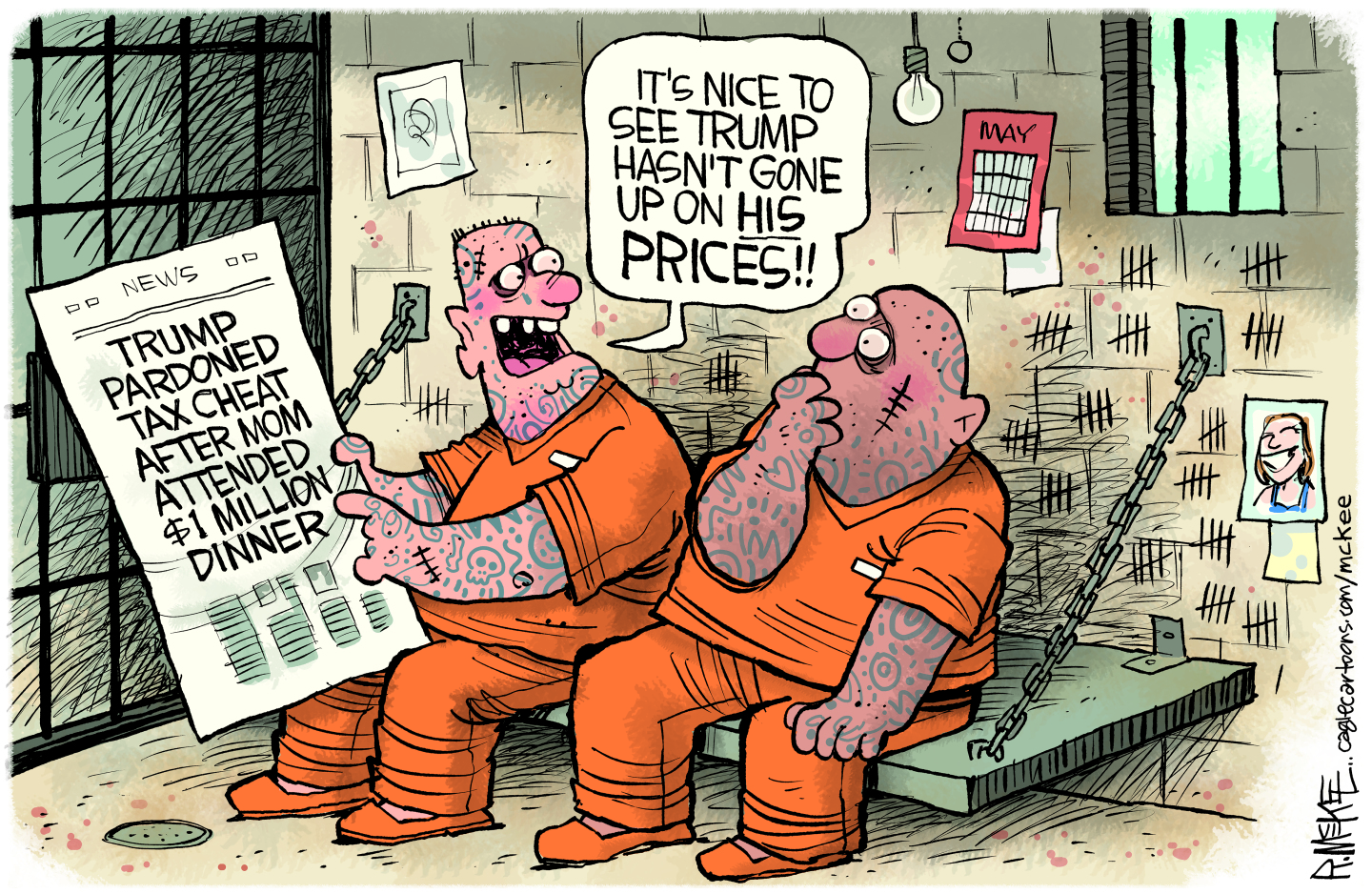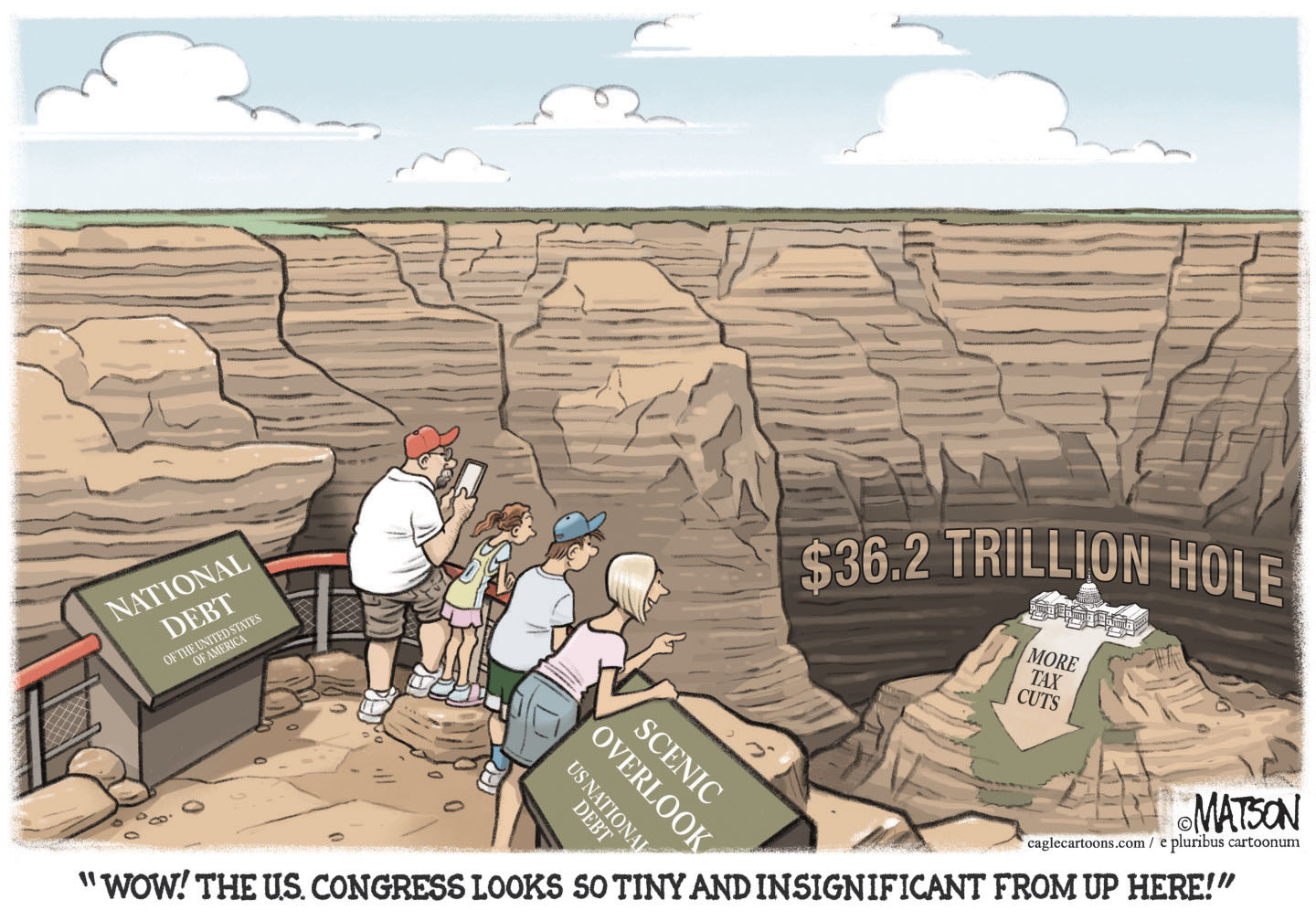The bright side of private health insurance companies
There are some things single-payer just can't provide


A lot of liberals are eager to push a Medicare-for-all, single-payer health insurance system. Efforts are underway to pass state-level single-payer in California, and a national bill is gaining steam among congressional Democrats. The implicit argument is that single-payer is obviously better than private health insurance, so we ought to just get rid of the private marketplace altogether.
But there is a case for holding onto a private market in insurance. It's just a bit more subtle — and interesting! — than most people realize.
First off, let's dispense with what's not important: costs. Even if a national single-payer system would require $1.5 trillion in new spending, America wouldn't be sweating it. Indeed, that would merely bring the U.S. government as a percent of GDP into line with where other Western countries already are. There's zero evidence those countries suffer economically from higher relative spending levels. (And it wouldn't cost $1.5 trillion anyway, because a large portion would be offset by the hundreds of billions we'd save in lower administrative and drug costs.)
Subscribe to The Week
Escape your echo chamber. Get the facts behind the news, plus analysis from multiple perspectives.

Sign up for The Week's Free Newsletters
From our morning news briefing to a weekly Good News Newsletter, get the best of The Week delivered directly to your inbox.
From our morning news briefing to a weekly Good News Newsletter, get the best of The Week delivered directly to your inbox.
Now, the big draw for single-payer is the idea of universal coverage and access to care. And single-payer certainly would achieve that. But countries like Switzerland show you can do this with a system based on private market insurance, too. We'd need to make ObamaCare's subsidies far more generous, its regulatory discipline of insurers more strict, and move to a single national exchange. We'd also probably need this ObamaCare-on-steroids system to eventually displace employer-provided coverage, and absorb Medicare and Medicaid as well.
A lot of people on the left are horrified by that last possibility, largely because the only version of it we've seen is the one proposed by House Speaker Paul Ryan. But again, systems like Switzerland's show a properly structured and subsidized private insurance market can provide humane and affordable coverage to people of all income levels and ages.
So what is the case for single-payer — the one unique thing it brings? Quite simply, user-friendliness. Imagine no networks, no co-pays, never getting bills from your insurer, and never having to worry about whether you've got insurance when you arrive at the doctor's office. More than cost or even universality of coverage, this quiet revolution in how Americans experience their countless everyday interactions with the health system is single-payer's greatest value. Not only would it leave millions better off financially, it would relieve untold amounts of stress, fear, and despair. The contrast with our current nightmare of bureaucratic hoop-jumping could not be more stark.
We'd never get quite the same user-friendliness by holding onto private insurance companies. But is there some other unique something we would get?
I think the most likely answer is the possibility of innovation.
The basic driver of human advancement, in health care as well as anything else, is experimental trial and error. The market pressures created by decentralized populations of buyers and sellers constantly negotiating with one another allows for that. But a single-payer system would replace all the private insurers buying care from providers with the government as the one monopsony buyer. Think of the bloat and sclerosis that's arisen between the Pentagon and the big military contractors, where the government is also the only buyer. "The great fear on the right is that if we, too, end up controlling costs from the top down the way other countries do, then we won’t just squeeze waste out of the system, we’ll squeeze out innovation and drive out talent as well," Ross Douthat once wrote. "Worse, we won’t even know it, because we’ll just assume that the innovations that we get are the only ones there could have been."
Douthat was honest enough to call this a matter of "ideological bedrock." How much innovation do we need? How much would we lose? How much does the rest of the world actually piggy-back on the innovation created by America's unique, if messy, system? We don't really know. It could turn out to be a huge problem, and it could also turn out to be a minor one.
Conservatives like Douthat misunderstand the implications of their own argument: They regularly rail against ObamaCare's rules limiting how insurers can interact with customers. But if health-care innovation is what we're worried about, then it's the market relations between insurers and providers that matter.
And remember, just like we could improve ObamaCare-on-steroids, giving it some of single-payer's user-friendliness, we could improve single-payer to encourage innovation. For instance, we could create a vast network of cash prizes for various medical breakthroughs. Sen. Bernie Sanders (I-Vt.) has already proposed such a system for drug research. We could also introduce cost-sharing into a single-payer system, in the form of co-pays. Many on the left would oppose this. But we could also place annual out-of-pocket limits on cost-sharing (like many private insurers already do) and then provide everyone annual cash aid equal to the out-of-pocket limit. This would still lose us some amount of user-friendliness. But it would introduce more market forces into the health system, while also holding Americans financially harmless.
When it comes to single-payer versus private insurance, the debate over costs will likely remain front-and-center in American politics. Which is a shame. Because the debate over user-friendliness versus innovation is far more interesting — and far more important.
Sign up for Today's Best Articles in your inbox
A free daily email with the biggest news stories of the day – and the best features from TheWeek.com
Jeff Spross was the economics and business correspondent at TheWeek.com. He was previously a reporter at ThinkProgress.
-
 May 31 editorial cartoons
May 31 editorial cartoonsCartoons Saturday's political cartoons include how much to pay for a pardon, medical advice from a brain worm, and a simple solution to the national debt.
-
 5 costly cartoons about the national debt
5 costly cartoons about the national debtCartoons Political cartoonists take on the USA's financial hole, rare bipartisan agreement, and Donald Trump and Mike Johnson.
-
 Green goddess salad recipe
Green goddess salad recipeThe Week Recommends Avocado can be the creamy star of the show in this fresh, sharp salad